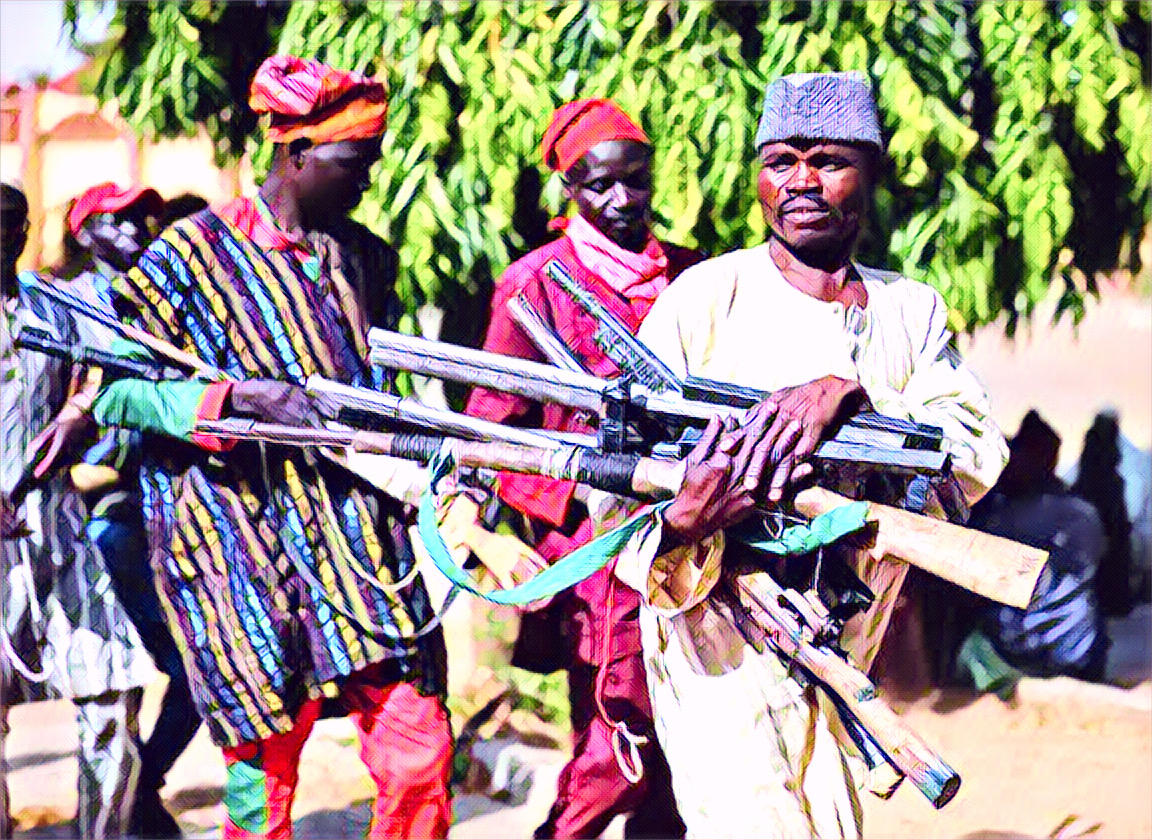Nigeria’s leading peacebuilding organisation, the West Africa Network for Peacebuilding (WANEP Nigeria), has expressed concern over the increasing insecurity and violence in the north-central and north-west regions of the country. The network said that ethnic and sectarian conflicts, banditry and violent extremism were threatening the lives and livelihoods of millions of Nigerians.
WANEP Nigeria made the statement after its 2023 General Assembly held in Abuja, where it appointed a new chairman, Kolawole Olatosimi, to lead its efforts in promoting peace and conflict resolution. Olatosimi pledged to strengthen the network’s collaboration with relevant stakeholders and enhance its capacity to respond to emerging challenges.
The network also commended its outgoing chairperson, Abiola Akiyode-Afolabi, for her achievements and contributions to peacebuilding in Nigeria. Akiyode-Afolabi highlighted some of the network’s successes, such as becoming the civil society representative at the ECOWAS secretariat, securing direct funding from USAID, and opening an office in Abuja.
WANEP Nigeria is part of a regional network of civil society organisations that work to prevent and resolve conflicts in West Africa, Chad and Cameroon. The network has been recognised by ECOWAS for its credibility and commitment to peace and stability in the region.
According to the latest report by the Cadre Harmonisé, a government-led and UN-supported food and nutrition analysis, nearly 25 million Nigerians are at risk of facing hunger between June and August 2023 due to the impact of insecurity, climate change, inflation and rising food prices. The report also projected that the number of children suffering from acute malnutrition in the north-east states of Borno, Adamawa and Yobe would increase from 1.74 million in 2022 to 2 million in 2023.
The northeast region has been ravaged by a decade-long insurgency by Boko Haram and its splinter faction, the Islamic State West Africa Province (ISWAP), which have killed tens of thousands of people and displaced millions more. The northwest region has also witnessed a surge in armed banditry and kidnapping, which have disrupted farming activities and education.
The Nigerian government and the military have been struggling to contain the security challenges, despite launching several operations and initiatives. The government has also been engaging in dialogue and amnesty programmes with some of the armed groups, but the results have been mixed and controversial.
WANEP Nigeria urged the government and the security agencies to adopt a holistic and human rights-based approach to addressing the root causes and drivers of insecurity and violence in the country. The network also called for more investment in social services, infrastructure, and economic opportunities for the affected communities.
The network said it would continue to support the efforts of the government and other actors in building sustainable peace and development in Nigeria, through its thematic programmes on women in peacebuilding, non-violence and peace education, research and documentation, democracy and good governance, and early warning and preventive peacebuilding.
WANEP Nigeria also appealed to the international community and the media to pay more attention to the humanitarian and security situation in the country and to provide more assistance and solidarity to the people in need.
The network expressed its hope that Nigeria would overcome its current challenges and achieve its full potential as a peaceful, prosperous and democratic nation.
Source: The Guardian Nigeria


